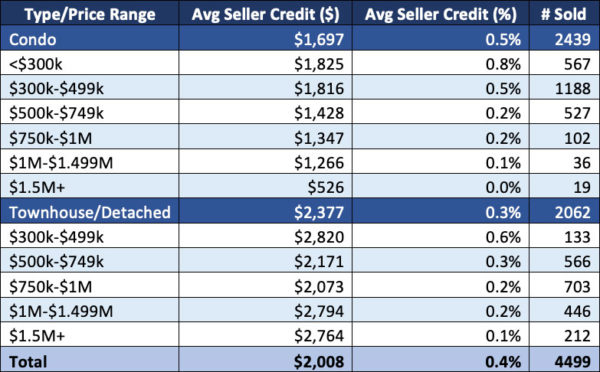This regularly-scheduled sponsored Q&A column is written by Eli Tucker, Arlington-based Realtor and Rosslyn resident. Please submit your questions to him via email for response in future columns. Enjoy!
Question: What are some of the most common mistakes people make when buying a home?
Answer: Hope you had a Merry Christmas! I’m assuming very few people will read my column this week so I figured it was a good time to sneak in some click-bait so I can pick-up some future readers :)
Please don’t throw tomatoes or broken Christmas tree ornaments, I’ll get back to my normal columns on January 8 with a deep dive into how the market performed in 2018. Without further ado, here are the three biggest mistakes I see people make when buying a home:
Mistake #1: Meet Me At [Insert Address] in 60 Minutes
Buying a house should not be like ordering an Uber across town. Just because you can “order” a real estate agent online to meet you at a house in 60 minutes doesn’t mean you should… and you really shouldn’t.
If you want to set yourself up for the best results, you should expect the process to start like any professional relationship; with an introductory meeting to discuss your needs, review the process, establish a strategy and vet the professional you’re working with.
Mistake #2: A Good Deal Isn’t Just About Negotiations
People are programed to think that by negotiating a seller down from their asking price, they’ve secured a good deal. Good deals come in all shapes and sizes and shouldn’t be defined by the seller’s asking price, but by whether or not you are getting value relative to the market and your needs.
I come across plenty of properties that are underpriced or fairly priced and buyers who are solely focused on negotiating a discount often lose out on what would be a great deal without negotiating. Similarly, I’ve seen plenty of sellers overprice homes by so much that buyers negotiate 5% off and still over pay, but they walk away feeling like a winner.
Don’t let a seller’s price dictate what is or is not a good value. Put yourself in a position to recognize value and move with confidence when you find it.
Mistake #3: Duped by Lenders
It’s easy to shop for interest rates online, but what you see online is often very far from what you get. Here are a few tips when shopping lender rates:
- Go through their pre-qualification process first
- Compare rates for a specific property (rates may change based on loan amount, property type, and location)
- Compare rates on the same day
- Compare the Annual Percentage Rate (APR) not the interest rate. A lender may artificially reduce an interest rate by tacking on up-front costs and these costs will be captured by a higher APR even though the interest rate is lower.
Merry Christmas and Happy New Year to everybody. I’ll see ya in 2019!
If you’d like a question answered in my weekly column, please send an email to [email protected]. To read any of my older posts, visit the blog section of my website at www.EliResidential.com. Call me directly at (703) 539-2529.
Eli Tucker is a licensed Realtor in Virginia, Washington DC, and Maryland with Real Living At Home, 2420 Wilson Blvd #101 Arlington, VA 22201, (202) 518-8781.






